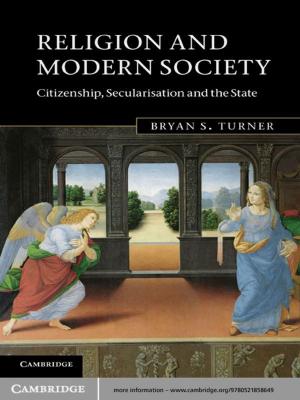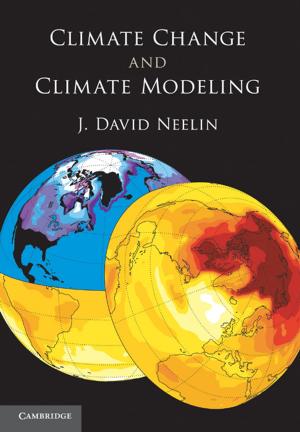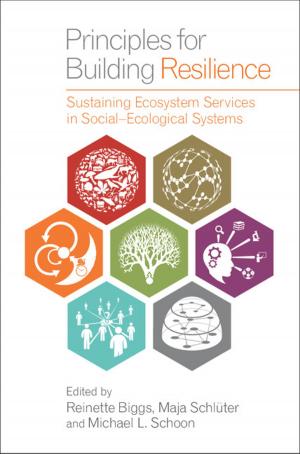Implementing Environmental Constitutionalism
Current Global Challenges
Nonfiction, Reference & Language, Law, Environmental, Social & Cultural Studies, Political Science| Author: | ISBN: | 9781316732809 | |
| Publisher: | Cambridge University Press | Publication: | May 31, 2018 |
| Imprint: | Cambridge University Press | Language: | English |
| Author: | |
| ISBN: | 9781316732809 |
| Publisher: | Cambridge University Press |
| Publication: | May 31, 2018 |
| Imprint: | Cambridge University Press |
| Language: | English |
Constitutions can play a central role in responding to environmental challenges, such as pollution, biodiversity loss, lack of drinking water, and climate change. The vast majority of people on earth live under constitutional systems that protect the environment or recognize environmental rights. Such environmental constitutionalism, however, falls short without effective implementation by policymakers, advocates and jurists. Implementing Environmental Constitutionalism: Current Global Challenges explains and explores this 'implementation gap'. This collection is both broad and deep. While some of the essays analyze crosscutting themes, such as climate change and the need for rule of law that affect the implementation of environmental constitutionalism throughout the world, others delve deeply into geographically contextual experiences for lessons about how constitutional environmental law might be more effectively implemented. This volume informs global conversations about whether and how environmental constitutionalism can be made more effective to protect the natural environment.
Constitutions can play a central role in responding to environmental challenges, such as pollution, biodiversity loss, lack of drinking water, and climate change. The vast majority of people on earth live under constitutional systems that protect the environment or recognize environmental rights. Such environmental constitutionalism, however, falls short without effective implementation by policymakers, advocates and jurists. Implementing Environmental Constitutionalism: Current Global Challenges explains and explores this 'implementation gap'. This collection is both broad and deep. While some of the essays analyze crosscutting themes, such as climate change and the need for rule of law that affect the implementation of environmental constitutionalism throughout the world, others delve deeply into geographically contextual experiences for lessons about how constitutional environmental law might be more effectively implemented. This volume informs global conversations about whether and how environmental constitutionalism can be made more effective to protect the natural environment.















